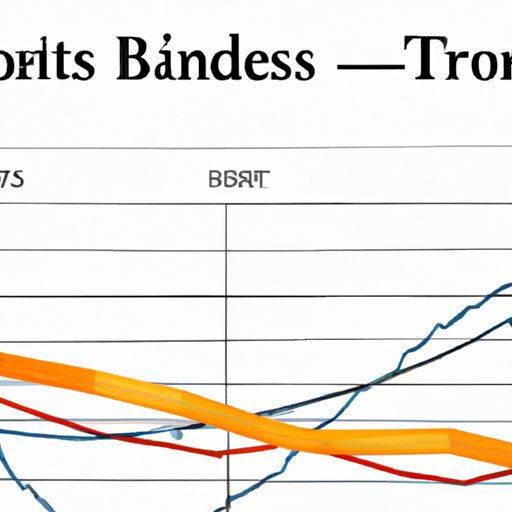Are Bonds a Good Investment? Evaluating the Pros and Cons & Different Types of Bonds
Investing in bonds can be a great way to diversify your portfolio and generate income. But is investing in bonds a good investment? Before making any decisions about investing in bonds, it’s important to understand the advantages and disadvantages of this type of investment, as well as the different types of bonds and their potential for returns.
Analyzing the Pros and Cons of Investing in Bonds
When considering whether to invest in bonds, it’s important to weigh the pros and cons. On one hand, bonds offer more stability and safety than other investments, and they have the potential to generate higher returns than cash accounts. Additionally, there are some tax advantages associated with bond investing.
On the other hand, bonds tend to be less liquid than other investments, meaning it can be harder to access funds when needed. Bonds also tend to offer lower returns than other investments, and there’s always the risk of default.

Examining Different Types of Bonds and Their Potential for Returns
There are several different types of bonds, each of which offers different potential for returns. Government bonds are generally considered the safest, since governments rarely default on debt. Corporate bonds offer higher returns but also come with higher risk. Municipal bonds are tax-free and can be a great option for investors looking for income. Treasury inflation-protected securities (TIPS) are designed to help protect against inflation.
The potential for returns with each type of bond will depend on the interest rate, the issuer’s credit rating, and the length of the bond. Generally speaking, longer-term bonds offer higher returns, while shorter-term bonds offer more liquidity.

Assessing Bond Investment Opportunities for Different Risk Tolerances
Before investing in bonds, it’s important to assess your own risk tolerance. Factors such as age, investment timeline, and investment goals will all play a role in determining the best bond investment opportunities for you. Conservative investors may want to focus on government bonds, while moderate investors may opt for corporate bonds. Aggressive investors may choose to invest in higher-risk, higher-return bonds.

Exploring Tax Advantages of Bond Investing
Bond investing also comes with some tax advantages. Interest earned from bonds is typically taxed at lower rates than other forms of income. Additionally, municipal bonds are tax-free, meaning investors don’t have to pay taxes on the interest earned. Finally, many retirement accounts allow for tax-deferred bond investing, allowing investors to defer taxes until retirement.
Understanding the Different Times to Invest in Bonds
In addition to assessing risk tolerance and understanding the tax advantages of bond investing, it’s important to consider the economic conditions, interest rates, and market volatility when deciding when to invest in bonds. Generally speaking, periods of low interest rates are a good time to invest in bonds, while periods of rising interest rates may not be ideal. When economic conditions are uncertain, bonds can be a good choice for conservative investors.
Evaluating the Benefits of Bond Investment over Other Assets
Bond investments offer several benefits compared to other assets. Bonds tend to be less risky than stocks or mutual funds, and they have the potential to generate higher returns than cash accounts. Additionally, bonds come with some tax advantages that other investments don’t offer.
While bonds may not offer the same potential for growth as stocks or real estate, they can be a great way to diversify your portfolio and generate income. For conservative investors, bonds can be an attractive option.
Conclusion
Investing in bonds can be a great way to diversify your portfolio and generate income. While there are some risks associated with bond investing, there are also many advantages, including greater stability and safety, potential for higher returns than cash accounts, and tax advantages. Different types of bonds offer different potential for returns, and different times to invest in bonds depending on economic conditions. Ultimately, bonds can be a great option for conservative investors looking for income.
(Note: Is this article not meeting your expectations? Do you have knowledge or insights to share? Unlock new opportunities and expand your reach by joining our authors team. Click Registration to join us and share your expertise with our readers.)
